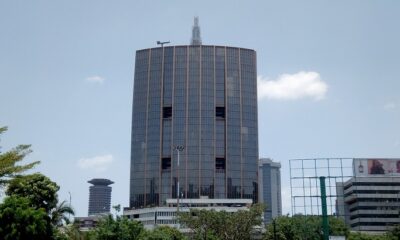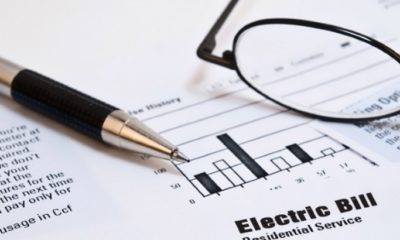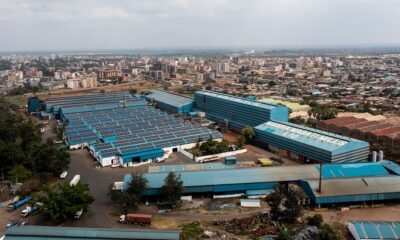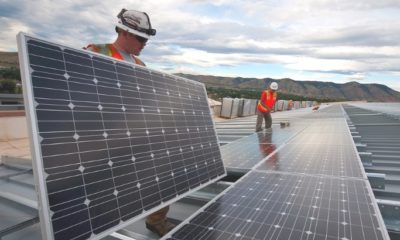Energy Efficiency
Usage of solar energy in Kenya
Solar energy usage can help save money on household electrical bills.
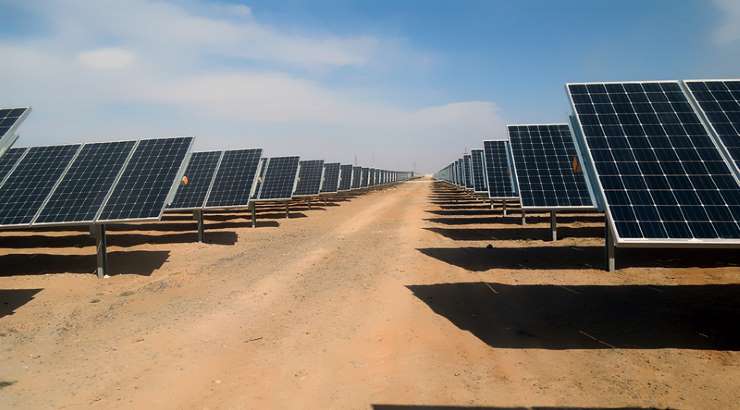
Usage of solar energy in Kenya has proved to be the most economical and beneficial power solution; capable of saving money on household electrical bills while protecting the environment.
With more than 35,000 solar photovoltaic (PV) systems being sold each year, Kenya has a thriving solar industry. A solar PV system is a device that converts sun’s light energy into electrical energy. This is done using solar cells also referred to as photovoltaic cells.
Thanks to the growing interest in solar power, both local and international companies have been keen to invest into the lucrative sector. One such companies is Ubbink East Africa Ltd., which is currently putting up a Sh250 million solar panel factory in Naivasha.
Ubbink is expected to manufacture about 30,000 KEBS certified (Kenya Bureau of Standards) solar panels per year – particularly for small solar systems.
On its part, Eight19, a UK-based company that deals in solar electricity, recently launched a portable solar energy system in Kenya to provide pay-as-you-go solar electricity.
The system, known as IndiGo, comprises a low-cost solar panel, a battery, an inbuilt USB mobile phone charger and a high efficiency light emitting diode lamp that can supply around 5 hours of light from a single day’s charge.
Multinational organisations have also been at the forefront of promoting the use of solar energy in Kenya. The German Energiebau Solarstromsysteme GmbH company has, for example, installed what is said to be Africa’s largest on-roof photovoltaic solar panel for the United Nations Environment Programme (UNEP) in Nairobi.
The system consists of 4,000 modules and promises to produce 750,000 kilowatt hours of clean solar energy annually – way more electric energy than will likely be consumed by the building.
Solar energy systems have several advantages:
- Power storage: They can store power in cells for the rainy days. This ensures a stable grid quality output without power fluctuations around the clock, daily.
- Low maintenance: Owing to the lack of moving parts, these systems require very little maintenance; thus helping you to save money, time and effort.
- Economical: Solar products make use of free energy. Once the installation of the necessary equipment is done, the electricity produced by the generator turns out to be available for free.
- Environmental-friendly: They do not pollute the environment in any way, thus paving way to a greener and better environment.





